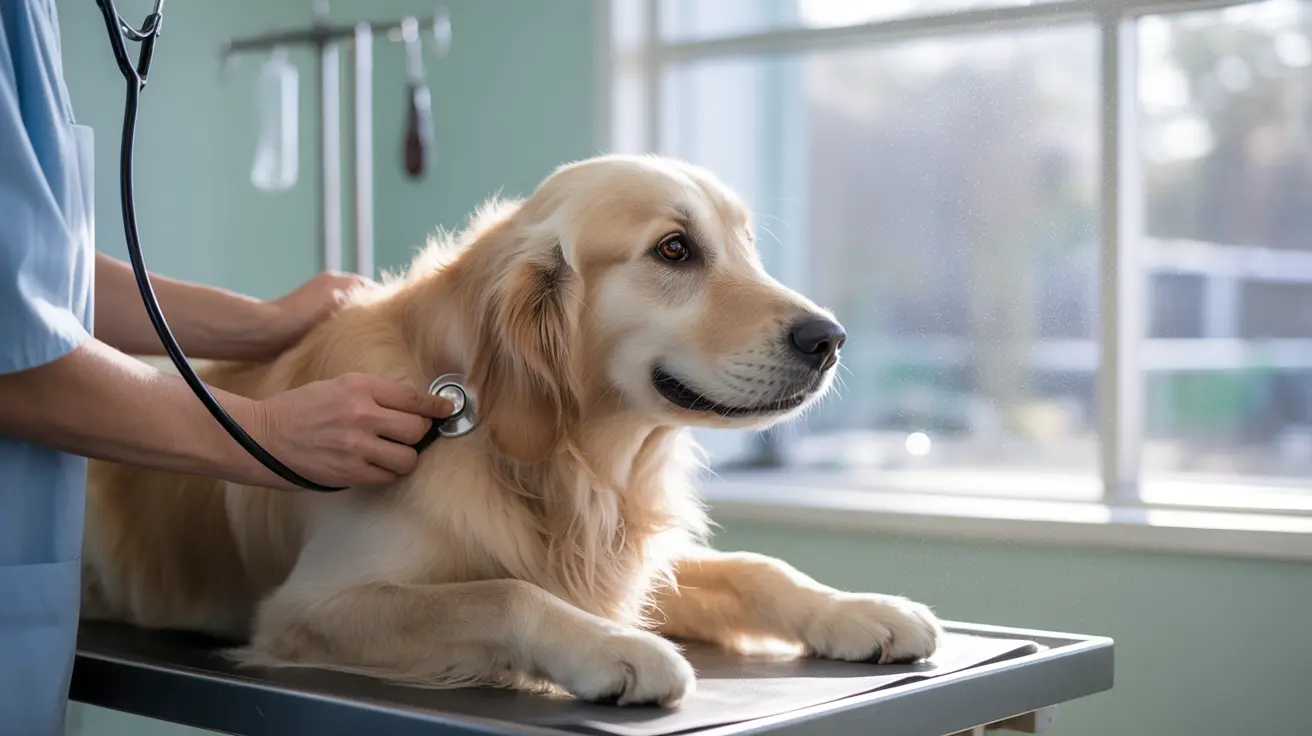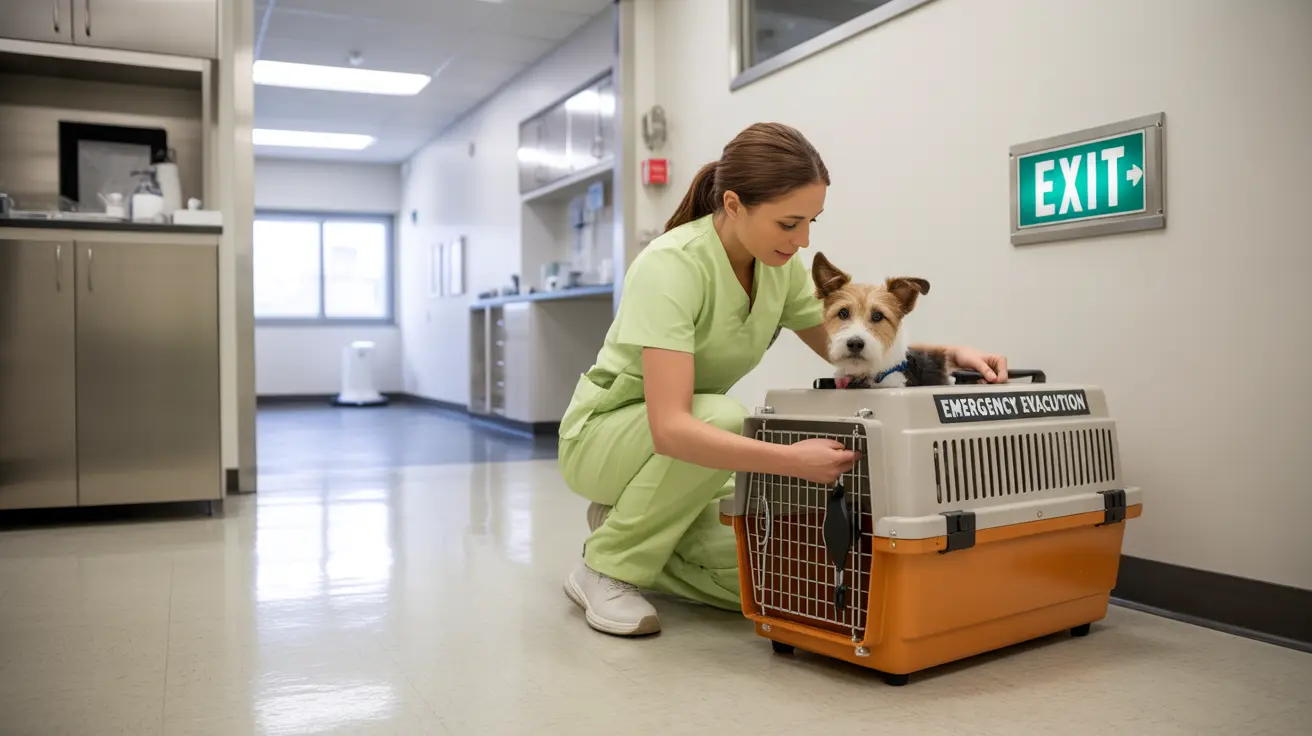Can a Cat Recover From Calicivirus? Understanding Feline Calicivirus Recovery
Feline calicivirus (FCV) is a common viral infection in cats that primarily affects the upper respiratory tract and oral cavity. It is highly contagious and can cause a variety of symptoms. While some cases can be severe, especially with virulent strains, the majority of infected cats recover, often within a few weeks. Here's a comprehensive look at recovery outcomes, treatment strategies, and how to support a cat through illness.
How Feline Calicivirus Impacts Cats
- Upper respiratory symptoms: Sneezing, nasal discharge, and eye discharge are common.
- Oral ulcers and stomatitis: Painful sores in the mouth, leading to drooling and decreased appetite.
- Gingivitis: Inflammation of the gums.
- Lameness: Limping due to joint inflammation, especially in young cats.
- Systemic illness: Virulent strains can cause severe disease, affecting multiple organs.
Can a Cat Recover?
Yes, most cats recover from FCV. The typical recovery time is between 1 to 3 weeks with supportive care. However, some cats may:
- Become lifelong carriers of the virus even after recovery.
- Develop chronic oral inflammatory disease, such as feline chronic gingivostomatitis (FCGS).
- Require ongoing management for long-term symptoms in rare cases.
Treatment and Supportive Care
There is no specific antiviral for FCV. Treatment focuses on relieving symptoms and preventing complications:
- Hydration and nutrition: Ensure the cat is well-hydrated and receiving adequate food, possibly through hand-feeding or feeding tubes.
- Pain management: Non-steroidal anti-inflammatories may be prescribed by a veterinarian.
- Antibiotics: Used if secondary bacterial infections are suspected.
- Eye care: Ophthalmic antibiotics for eye infections.
- Respiratory support: Steam therapy or nebulization may alleviate nasal congestion.
- Oral care: Chlorhexidine rinses or dental work may be needed in chronic oral disease.
Factors That Influence Recovery
The severity and duration of FCV infection can depend on several factors:
- Strain virulence: More aggressive strains lead to more severe symptoms and higher mortality.
- Immune status: Young kittens and unvaccinated or stressed cats are more vulnerable.
- Co-infections: Simultaneous infection with other pathogens, such as feline herpesvirus, may complicate recovery.
Managing Carrier Cats
Recovered cats can remain carriers and may continue shedding the virus intermittently. In such cases:
- They can appear healthy but still infect other cats.
- They may experience occasional flare-ups during stress.
How to Support Your Cat During Recovery
Pet owners can take several steps to help their cat recover:
- Provide a calm, stress-free environment.
- Isolate infected cats from others to prevent spread.
- Keep the cat warm and comfortable.
- Clean discharge from eyes and nose regularly.
- Follow veterinary advice closely.
Prognosis and Long-Term Outlook
The prognosis for FCV is generally good in mild to moderate cases. Most cats recover fully with supportive care. Even in more severe cases, vigilant veterinary attention can significantly improve outcomes. However, with virulent systemic strains, the illness can be life-threatening, especially in adult cats, and intensive care is required.
Prevention Is the Best Medicine
Prevent FCV infections and improve recovery outcomes by:
- Vaccinating your cat: Core vaccines effectively reduce severity and spread of infection.
- Maintaining hygiene: Disinfect household items and clean litter boxes, bowls, and bedding regularly.
- Isolating new arrivals: Quarantine new cats for 2–3 weeks before introducing them to others.
- Reducing stress: Keep environment stable to enhance immune defense.
Final Thoughts
Feline calicivirus can be a distressing illness, but with the right care, most cats recover fully. Awareness, early intervention, and a supportive environment are key in ensuring a healthy outcome for an infected feline. For any suspected infection, consult your veterinarian promptly for accurate diagnosis and appropriate treatment.





